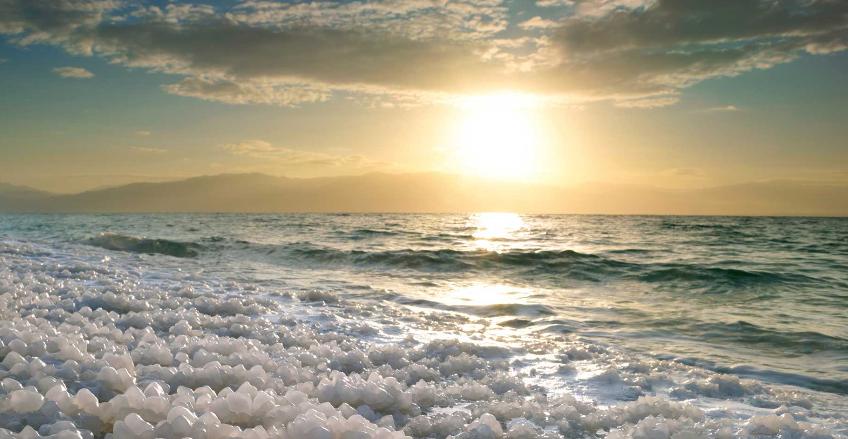
Countless bacteria living in marine sediments are able to secrete molecules that stimulate cloud growth and cooling climates.
The recognizable marine odor is partly attributable to the presence of dimethyl sulfide (DMS), an important metabolic element in many plankton. These molecules are formed by the breakdown of dimethyl methionate propionate (dmsf), which marine organisms use to regulate osmotic pressure within cells. The faint smell of lca accompanies the accumulation of plankton, attracting animals.
In the air, dms are rapidly oxidized into small sulfur-containing molecules that can easily become aerosols due to the action of waves and wind. Their small particles act as condensation centers, exacerbating cloud formation and helping to lower temperatures. But the authors of a new article published in the journal Nature Microbiology argue that we grossly underestimate the impact of this "useful" molecule on Earth's climate.
According to the authors, planktonic algae alone are producers of DMSFs and DMSs, producing about 6.6 billion tonnes per year. But Jonathan Todd and colleagues found that bacteria living in coastal and near-bottom sedimentary rocks can also serve as a source of LCA. Indeed, in the samples analyzed by the scientists, the content of DMSF was thousands of times higher than that of seawater.
They estimate that each gram of this mud could contain hundreds of millions of DMSF-producing bacteria. This means that existing estimates of global turnover for DMSF and VHI are strongly underestimated – possibly on the order of magnitude, compared to their impact on the climate.
This article is original by science straight difficult, welcome to pay attention, take you along with long knowledge!